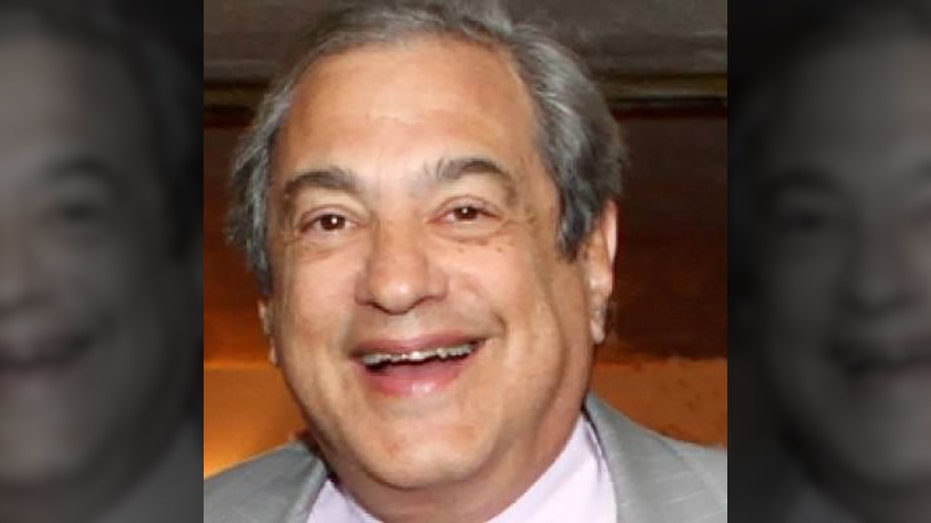High-tax New York slaps NJ-based hedge fund manager with major tax bill in dispute over vacation home
The New York State tax department scored a major legal victory in a case against hedge fund manager Nelson Obus – emphasizing how diligent individuals need to be in order to avoid getting hammered by auditors.
A judge ruled Obus must pay taxes as a “statutory resident” of New York State because of his Northville, New York, home – even though he is domiciled in New Jersey.
Regardless of the amount of time spent at the property, it was determined that the home is a “permanent place of abode.” Since Obus works in New York City, he spends an aggregate of more than 183 days in the state per year.
He owes $526,868 in back-taxes, plus interest and penalties for the 2012 and 2013 tax years. He purchased the house – where he spends no more than three weeks per year – in 2011 for $290,000.
He had already been paying taxes on income earned in New York.

Geoffrey Weinstein, special counsel in the Tax, Trusts & Estates Department of Cole Schotz, told FOX Business that the ruling shows how New York State is not letting up on second homes.
“The lesson learned is that maintaining any habitable vacation or second home in New York State will cause you to be subject to NYS/NYC tax if you work in Manhattan and spend more than 183 days there,” Weinstein said. “Typically, the harm is much worse for those that keep a NYC apartment and are subject to NYC tax and unable to receive credit in New Jersey.”
Glenn Newman, a tax lawyer at Greenberg Traurig who worked with Obus on the case, told FOX Business they will appeal the decision.
“We believe that ownership of a vacation home should not qualify as a permanent place of abode,” Newman said. “The judge concentrated on the physical aspects – it had heat, had a kitchen, had a bathroom – but didn’t take into account the actual use of the house.”
Newman added that Obus’ wife did not use the property at all, while he used it just a couple of times per year. It is located 200 miles from his place of employment.
By law, a “mere camp or cottage,” can be considered a vacation home.
Newman went on to say that this ruling could affect the second home market in New York – which essentially makes people subject to double-taxation in the high-tax state. Obus can receive a refund from New Jersey for portions on which he was double-taxed.
Experts have also told FOX Business that as New York State loses tax revenue from the flight of individuals to lower-tax havens – like Florida – auditors are likely only going to get more aggressive, specifically where wealthy residents are concerned.
Weinstein noted that another takeaway from the tax case is that New York State has sophisticated audit tools for locating taxpayers who maintain a permanent place of abode in the state.
“This case should serve as a warning for those who are maintaining residences in New York State/New York City and either: (i) have not clearly established domicile in another state and abandoned ties in NYS/NYC; or (ii) are over the 183 day count – NYS will find you!” Weinstein warned.
CLICK HERE TO READ MORE ON FOX BUSINESS
As previously reported by FOX Business, most individuals lose their audit cases against the state of New York. The average amount they are forced to cough up to the Empire State is $144,000.
Between 2013 and 2017, New York State collected about $1 billion from residency audits, according to data from audit defense company Monaeo. During the timeframe, an average of about 3,000 non-residents were audited per year.




















